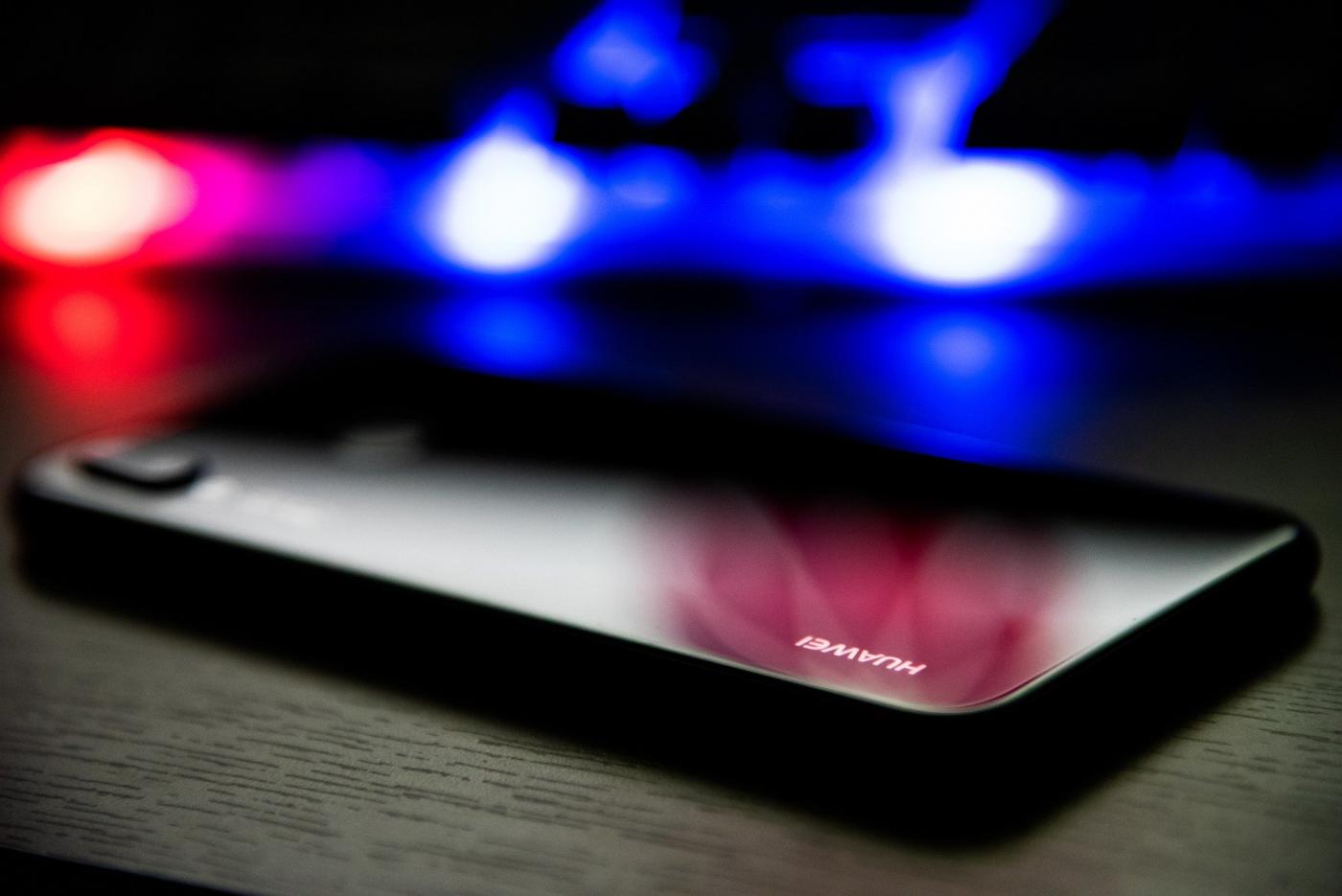What’s behind all the concerns about Huawei?

Together with Huawei, UvA and VU Amsterdam are planning to set up a research lab for artificial intelligence. The Chinese company is investing €3.5 million, writes Het Financieele Dagblad. But the House of Representatives is ill at ease with the arrangement.
What makes this collaboration a sensitive subject?
China is a global power which would be able to use the technology of companies like Huawei to spy on other countries. That’s why some countries don’t want Huawei involved in the development of their new 5G networks.
But this is about AI and search engines. Surely that’s different?
The rise of China as an economic superpower is also a factor, as critics fear that it wants to use all kinds of Western expertise and technology in order to strengthen its position. Scientific collaboration with China is therefore often met with criticism. Research institute Clingendael also claims that China is trying to influence the Dutch higher education and research sector. Censorship – and self-censorship – are seen as looming threats.
What does that have to do with Huawei?
China is a totalitarian state. Should the government call on Huawei, the company would have little choice but to cooperate.
Don’t other universities work with Huawei?
Yes, they do. Delft University of Technology, Leiden University and research institute TNO are currently involved in the The Hague Digital Human Capital Agenda, a joint project together with Huawei and a long list of other partners, such as the Ministry of the Interior, Shell and travellers’ association ANWB. In the north of the Netherlands, the University of Groningen and Hanze UAS are working together with Huawei and other parties on a local 5G network.
Is academic collaboration with China still possible?
Academic freedom doesn’t really exist anymore in China, making any form of collaboration difficult. That’s part of the reason why a controversial University of Groningen satellite campus in the Chinese city of Yantai was cancelled last year. But that doesn’t mean all academic collaboration between the Netherlands and China has been discontinued, as Delft University of Technology’s executive board explains.
Aren’t UvA and VU Amsterdam aware of the concerns this collaboration might raise?
They are, which is why they discussed their plans with the Ministry of Education and the Ministry of the Interior. A meeting was also held with the General Intelligence and Security Service and the National Coordinator for Security and Counterterrorism. Evidently, no major red flags were raised by these parties.
So what’s the House of Representatives so worried about?
Organisations are formally allowed to collaborate with Chinese companies, but whether or not that’s desirable is a political matter. Christian-democratic political party CDA, for example, fears that artificial intelligence could be weaponised and used in future cyber conflicts or wars. “What role does national security play in this?”, they ask the minister.
Is the current criticism fuelled by xenophobia?
One of Huawei’s top executives certainly believes this to be the case, and he’s not the only one who feels that the accusations being levelled at his company are exaggerated. But China is also under fire for its treatment of human rights activists and its involvement in Hong Kong.
When China was still perceived to be moving towards greater openness and freedom, collaborating with the Asian superpower seemed like a win-win that would be a catalyst for the country’s development. But since President Xi Jinping took office in 2013, China’s course seems to have changed.